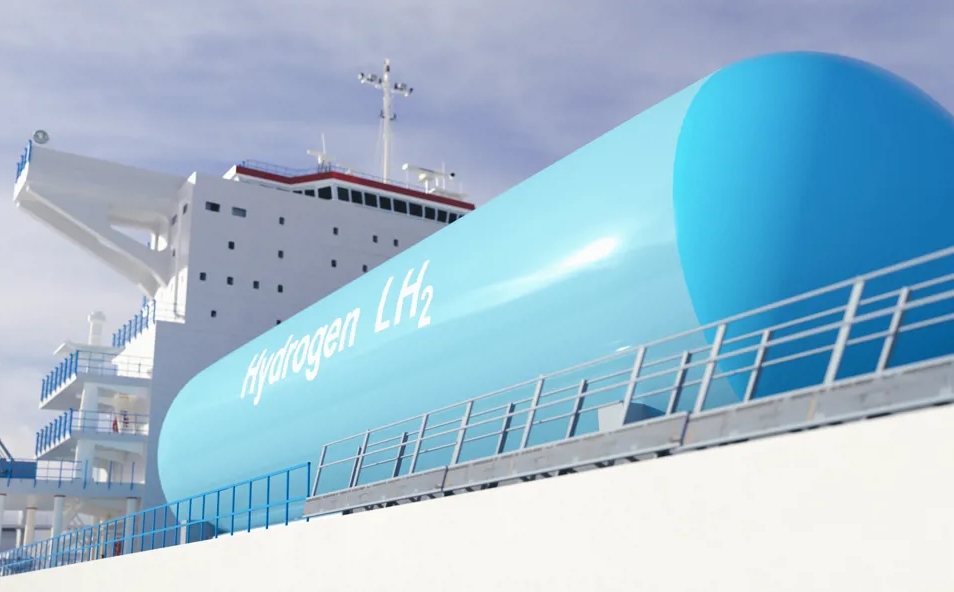Ricardo, a global strategic, environmental, and engineering consulting company, is working with the sustainable HYdrogen powered Shipping consortium (‘sHYpS') to design and develop hydrogen fuel cell propulsion technologies to power the next generation of zero emissions passenger ships.
The project involving 13 partners in six European countries will accelerate the adoption of hydrogen as a renewable fuel in the maritime industry. The work has been funded by UK Research and Innovation (UKRI) under the UK Government’s Horizon Europe funding guarantee.
Experts in hydrogen technology and integration, Ricardo is leading the specification, design, build and test of a 375kW fuel cell module and the design of a 40-foot containerised multi-MW power plant that combines the outputs of several fuel cell modules. The containerised solution is intended to be installed on board passenger ships.
Adrian Schaffer, President of Emerging Mobility at Ricardo, said: “The shipping industry is facing considerable challenges to find a solution to achieve zero-emissions navigation in line with future global regulatory targets. This project is at the forefront of innovation, with the prospect of using hydrogen fuel cell technology to support the industry meeting its sustainability objectives. We’re delighted to be part of the consortium creating and delivering innovation in this sector. Our involvement recognises our growing expertise and experience in hydrogen and fuel cell technology, where we are working with a range of customers to provide clean, efficient solutions, which reduce carbon and emissions across several sectors, including automotive and aerospace.”
Mike Biddle, Executive Director – Net Zero at Innovate UK, part of UK Research and Innovation (UKRI), said: “I congratulate Ricardo for their success in Horizon Europe and look forward to seeing the outcomes of the important work that sHYpS is doing. I encourage anyone else who is considering applying to Horizon Europe to go for it. As Ricardo did, they can draw on UKRI guarantee funding while the UK awaits formal association to the EU programme and get advice and guidance from the network of UK Horizon Europe National Contact Points.”
Ricardo’s expertise in developing bespoke, optimised, high power, multi-stack fuel cell systems delivers significantly enhanced power density by volume and mass. This has been a particular focus, given the space constraints of a passenger ship. It also provides an opportunity to improve system efficiency and reduce system complexity and cost through increased integration and reduction in component count.
Ricardo will be engaging with consortium member Lloyd’s Register to initiate the classification process for the system in line with classification rules that are currently being developed. Testing of the first module will take place in Ricardo’s new 400kW hydrogen fuel cell test chamber, which forms part of the Ricardo global centre of excellence for hydrogen, de-fossilised fuels and electrified transport engineering at the company’s UK headquarters.

